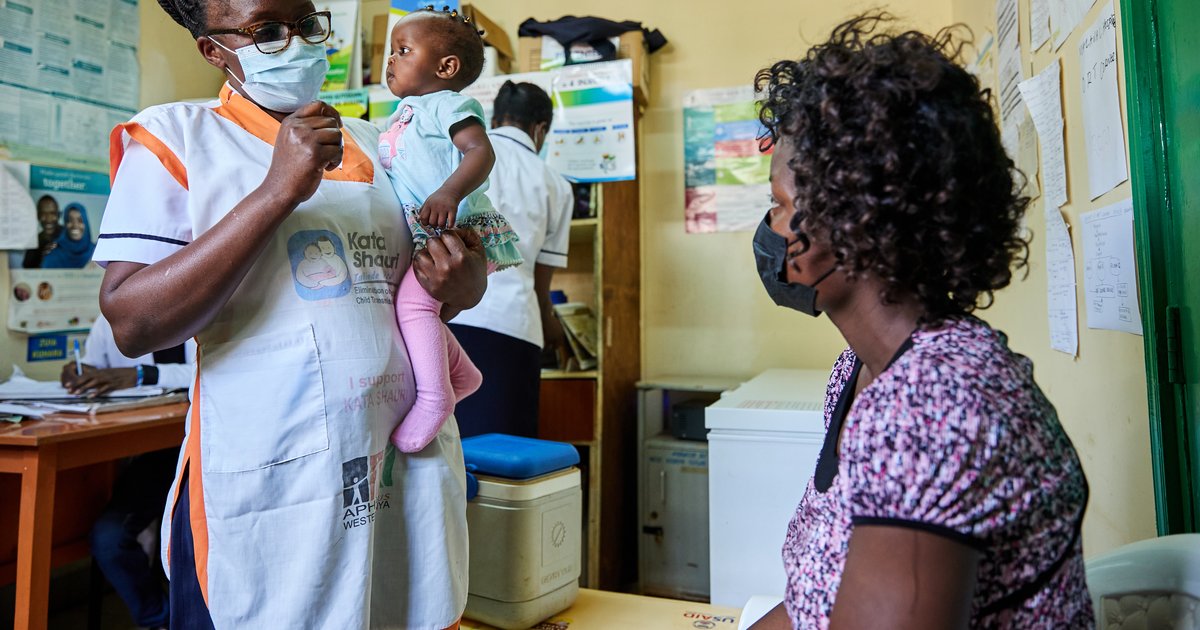Togo’s malaria vaccine rollout promises a major leap forward in the country’s fight against one of its deadliest diseases. As the 21st African nation to introduce this vaccine, Togo’s leadership shows strong commitment to protecting its people from malaria’s devastating impact. This exciting announcement came during President Faure Gnassingbé’s meeting last week in Yokohama, Japan, at the 9th Tokyo International Conference on African Development (TICAD).
During the conference, President Gnassingbé held talks with Sania Nishtar, Executive Director of the Global Alliance for Vaccines and Immunization (Gavi). They discussed the plans to integrate the malaria vaccine into Togo’s public health system. Gavi will play a crucial role by financing the purchase, transportation, and storage of vaccine doses across the country. Moreover, the alliance will provide training to health workers responsible for administering the vaccine.
This support strengthens Togo’s capacity to implement the vaccine effectively. While officials have not revealed the exact financial figures yet, Gavi’s involvement ensures that logistical challenges and training needs receive adequate attention. As a result, the vaccine rollout stands a better chance to reach all vulnerable populations, especially children under five who bear the highest malaria risk.
Malaria remains a leading cause of illness and death in Togo, affecting thousands annually. However, the introduction of the vaccine marks a turning point in combating this preventable disease. Combined with existing malaria control measures, such as insecticide-treated nets and mosquito control, the vaccine offers an additional layer of protection.
Togo’s proactive approach follows successful malaria vaccine pilot programs across Africa. These pilots demonstrated the vaccine’s ability to reduce severe malaria cases and hospitalizations among children. Therefore, many experts consider this rollout a significant public health victory.
In addition to health benefits, the malaria vaccine rollout can spur social and economic improvements. Healthy children mean less time lost to illness for families and caregivers. Furthermore, reduced malaria burden can ease pressure on health facilities, allowing resources to support other critical areas.
President Gnassingbé’s engagement at TICAD also highlights the importance of global partnerships. Collaborating with Gavi and other international organizations allows Togo to access essential resources and expertise. These partnerships amplify the country’s efforts and increase the likelihood of successful vaccine deployment.
Besides Gavi’s funding and training, the government plans public awareness campaigns to educate citizens about the vaccine’s benefits. These campaigns will address vaccine hesitancy and encourage community participation. Engaging local leaders and healthcare providers will be vital to building trust and acceptance.
Looking ahead, Togo aims for a smooth, nationwide rollout that reaches remote and underserved areas. Monitoring and evaluation systems will track vaccine coverage and impact, providing data to refine strategies. This continuous feedback loop helps ensure that the program meets its goals efficiently.
As the malaria vaccine rollout begins, hope grows among health workers and families alike. This new tool strengthens Togo’s arsenal against malaria, offering a brighter future for millions. By preventing illness and saving lives, the vaccine contributes to the country’s broader goals of improved health and sustainable development.
In conclusion, Togo’s malaria vaccine rollout represents a historic step in public health. Supported by Gavi, backed by strong political will, and embraced by communities, this initiative has the potential to save countless lives. As Africa’s 21st country to take this step, Togo sets an example of commitment and progress in the fight against malaria.






